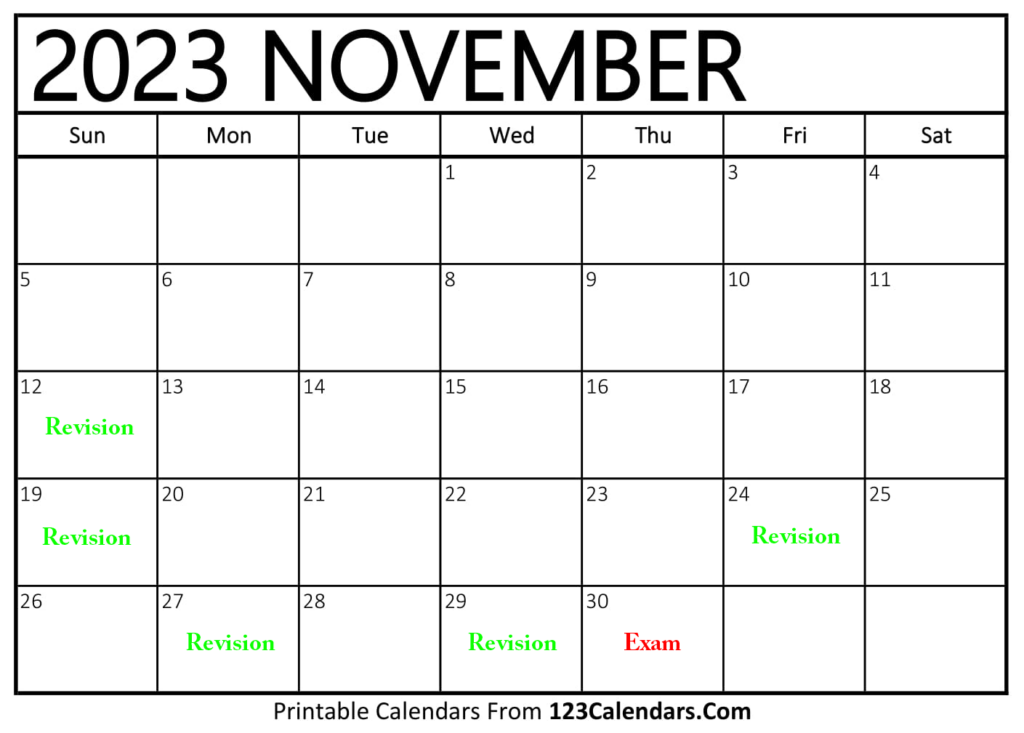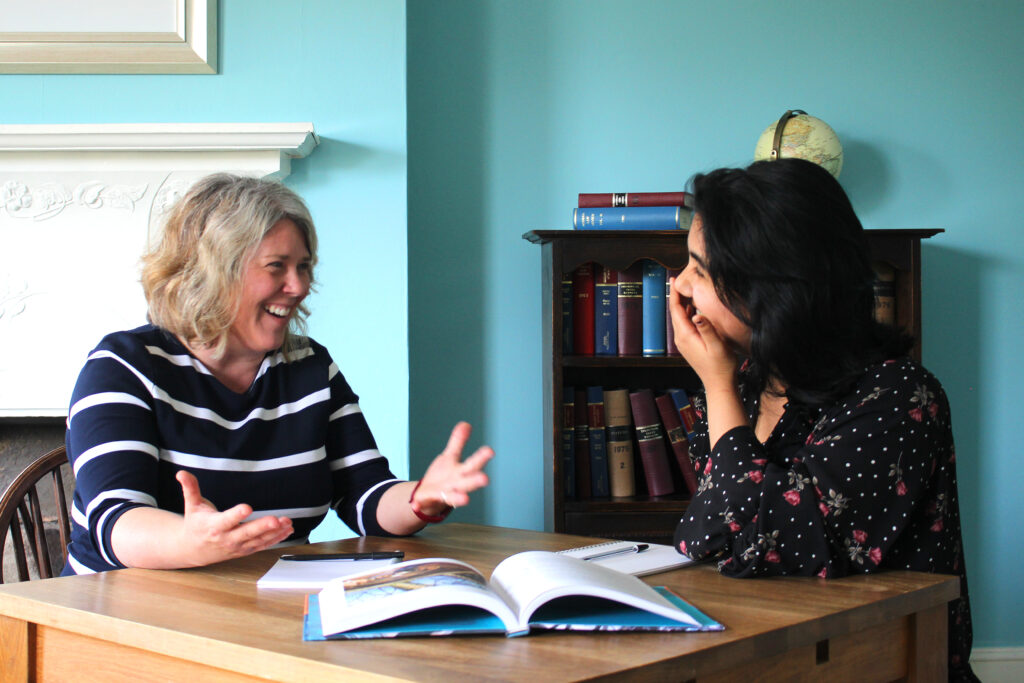


Learn how to make A level exam revision more engaging.
Dive into how to inject excitement into your A level exam revision, with these 5 innovative and engaging strategies for academic success.
Keeping to a revision schedule for your A level exam revision can prove difficult, especially as you get nearer to the day. This handy TikTok video explores an exciting way to balance your personal commitments with revision. You’ll need to: 1) Get a calendar. 2) Mark the day before your examination as a revision day. 3) Schedule your revision days in the sequence of 2, 3, 5, 7 going backwards from this last revision session. 4) Stick to the schedule!

The 15 30 15 study method, also known as the Pomodoro technique, is a time management learning method. The Pomodoro technique involves breaking your work into 25-minute focused intervals (Pomodoros) followed by a 5-minute break. After four Pomodoros, take a longer 15-30 minute break to recharge. This way, you can diminish procrastination – and leave things when it gets exciting, so you can more easily re-establish interest after your break. Apps like Forest will also help to keep you focused during your study intervals. Learn more about apps for A Level revision here.

The 1247 technique is an efficient study technique that helps to establish long-term memory absorption. On the first day, you will study the relevant topic. You will then revise what you have learnt on the second day, fourth day, and the 7th day, following on from the first. Effectively, you will study the subject content four times over a short period of time. Rinse and repeat for each topic area.


Blurting is a short-term memory technique, useful in certain instances. The blurting method refers to the technique of quickly reading your textbook, exam specification, or revision notes, closing the book, and then writing down as much as you know or can remember. Some students make a list of adjacent notes, others produce mind-maps. It’s important to know that this is not a great way to remember pieces of information in the long-term, and is more useful as a supplementary review – perhaps as a way to evaluate on how well your other techniques are helping you to revise. For specific uses, this technique may prove useful in certain instances such as: memorising quotes from a book for English Literature.

There are, as seen in this blog article, a number of different ways to make your A level exam revision more engaging. The underlying theme, however, is that you should ensure that you efficiently balance your time between revision and relaxation – adhering to the old adage “work hard, play hard”. It’s important that you don’t burn yourself out or leave things to the last minute, those are recipes for disaster! Plan well, study hard, and get in contact with us if you need any additional tuition or guidance from our expert tutors.

About Greene’s
Greene’s College Oxford is an independent sixth form college with campuses located in the heart of Oxford, U.K. and in Lisbon & Estoril, Portugal. Our educational philosophy is based on one simple assumption: if students’ education is tailored to suit their unique qualities and needs, they are more likely to be successful. Study at Greene’s College Oxford blends small group or individual tutorials, dynamic feedback on learning, and one-to-one weekly Personal Tutoring sessions to ensure all students have personalised guidance.
Create your personal prospectus by selecting your interests.
This link will take you to Greene’s International
Proceed